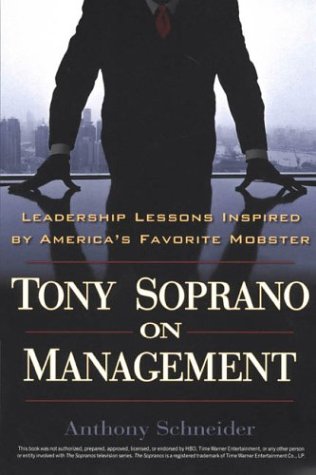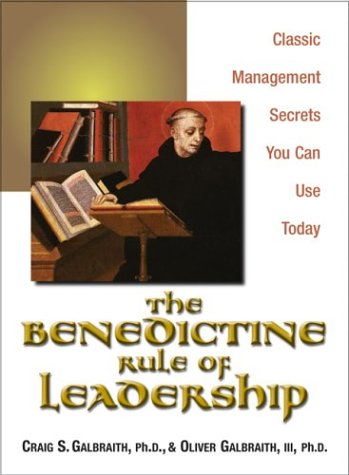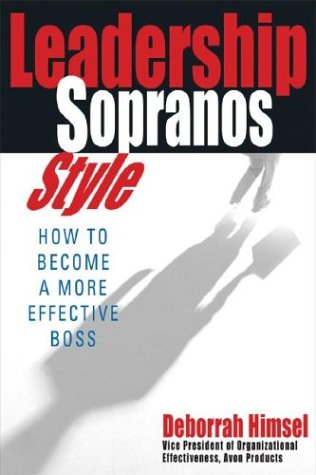 |
||
|
|
Music Reviews and Features
Dion Dimucci
Lester Bangs in "Almost Famous"
History of Warner Brothers Music
Dining
Creolina's
Cajun/Creole
Leadership
guidance both sacred and profane.
|
 |
BY
RICHARD PACHTER
rpachter@wordsonwords.com
Originally published on Monday, March 16, 2004 in The Miami Herald.
The idea that we can learn how to conduct our business more effectively
by emulating the behavior of others is a no-brainer. But our attraction
to successful individuals and organizations is often built upon
illusions and conceits. I may admire an athlete like Michael Jordan,
but my physicality, intellect, emotions and circumstances shape
my actual performance no matter how much I may want to ``be like
Mike.''
To be sure, I can study and glean wisdom from his work habits, values,
experiences and the like, but it's unlikely that Phil Jackson or
Pat Riley will be calling me to join their teams any time soon.
And many other would-be role models are a bit of a reach.
Given the current circumstances in Iraq, Afghanistan and other hot
spots, it's in particularly bad taste to use military metaphors
to describe mercantile activities. Still, astute students of business
and life can apply diverse lessons from many sources -- real, imagined,
military or ethereal.
We'll look at some military-intelligence-cum-business books next week. This week, we'll consider the value of guidance from sources both sacred and profane.
Religious orders impose structure on the spiritual. Where cults require the subjugation and sublimation of id, ego and libido, organizations fueled by righteous determination that perform selfless services require a business-like discipline. The Benedictines were founded fifteen centuries ago, and their organization served as the basis for many of the monastic orders that followed.
The authors do a nice job of explaining how the Benedictines have functioned successfully for the last millennium and half. Though the personal devotion and sacrifice of its members are probably not exactly analogous to employees and executives, their hierarchical and ethical structures are worth studying.
Tony
Soprano on Management. Anthony Schneider. Berkley Publishing. 234
pages.
Leadership
Sopranos Style: How to Become a More Effective Boss. Deborrah Himsel.
Dearborn Trade Publishing. 224 pages.
The popularity of television's The Sopranos confounds
many traditionalists. The characters lie, steal, kill, commit adultery
and more. Yet within their perversity (and perversions), some find
an admirable morality that transcends their criminality. Values
such as loyalty and honor are displayed in each episode alongside
the mayhem. The head of the family, Tony Soprano, is viewed as a
management model in two recent books. But why?
It's a tough publishing market out there, so astute and ambitious
management consultants try to figure out familiar, entertaining
and promotable settings to frame their concepts and lessons. Using
The Sopranos for this purpose is out-of-the-box thinking, all right,
but a safe and relatively low-risk bet, nonetheless. Besides, it's
less of a moral issue when the figure is fictitious.
Both books are pretty much what you'd expect; humorous, though wise,
withSopranos characters and scenarios cleverly employed to illustrate
points on management, human resources, team-building, decision-making,
competitiveness and so forth. Both are short, simply written and
probably more useful than any similar book featuring rodents or
fish for illustrating the necessary lessons.
.
Which book is better? Tough choice. They're pretty evenly matched,
so let's check out the scribes. Author Schneider claims to have
interests in waste management and real estate in Newark, and his
first name is Anthony. Himsel, on the other hand, resides in the
legendary borough of Brooklyn, so you figure it out, wise guy!
.
Like business books? Join the club.
©2004 Words on Words, All rights reserved.

